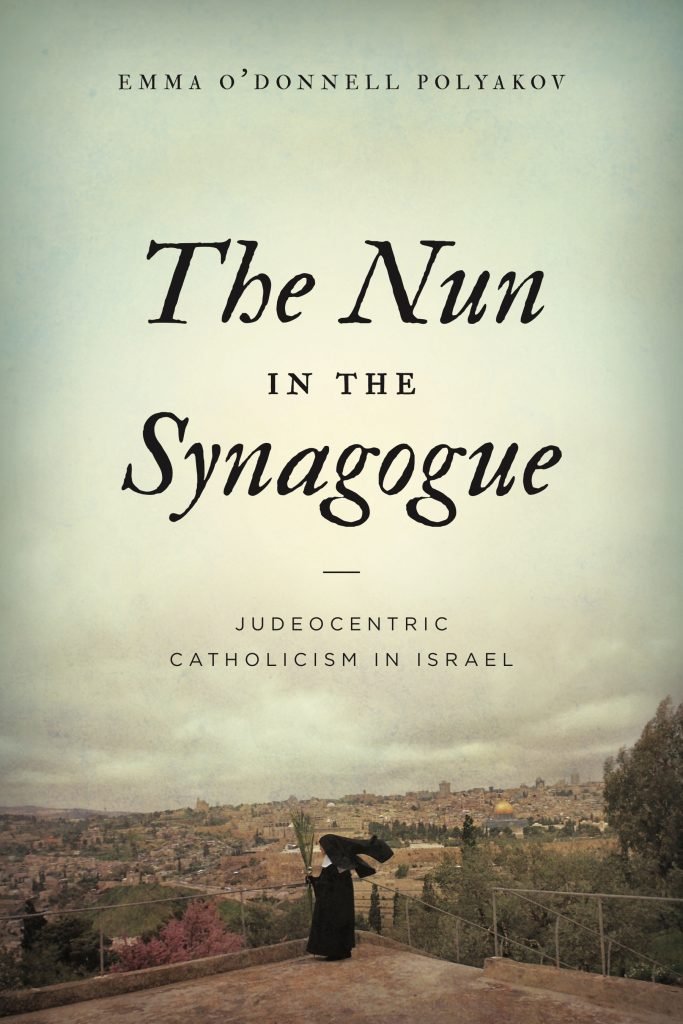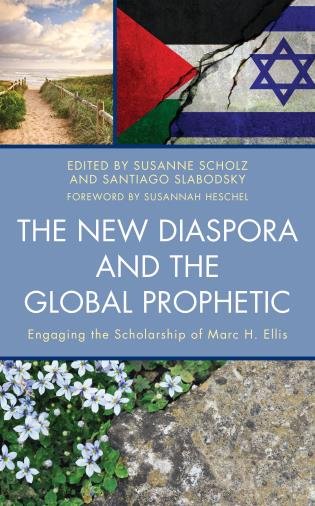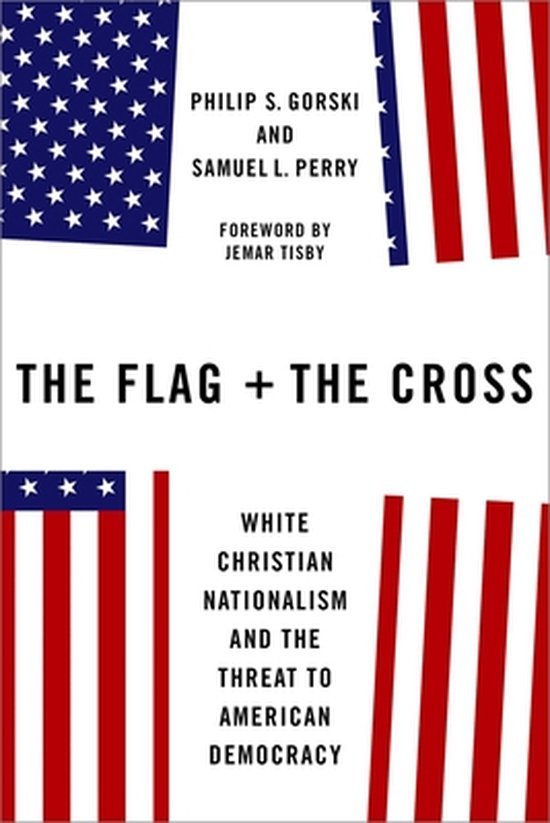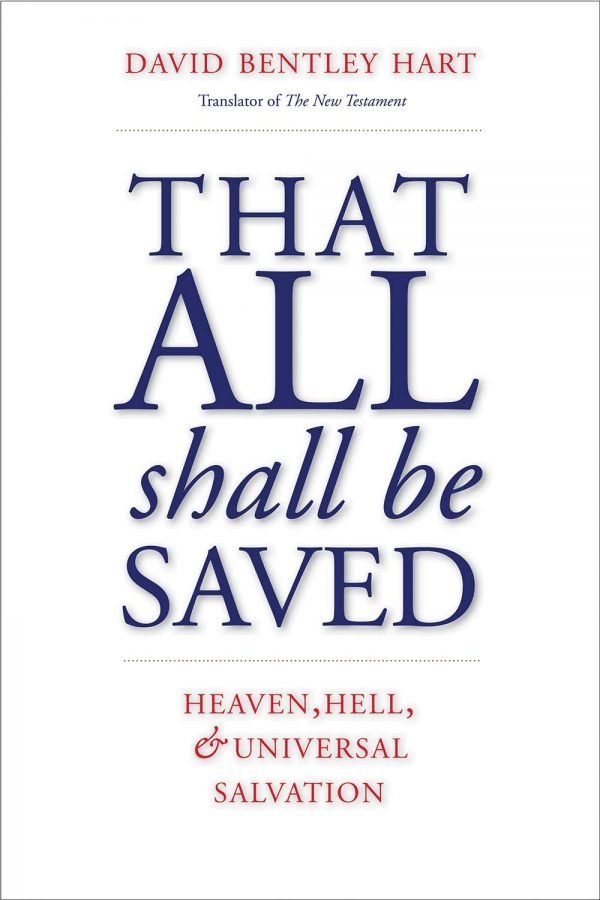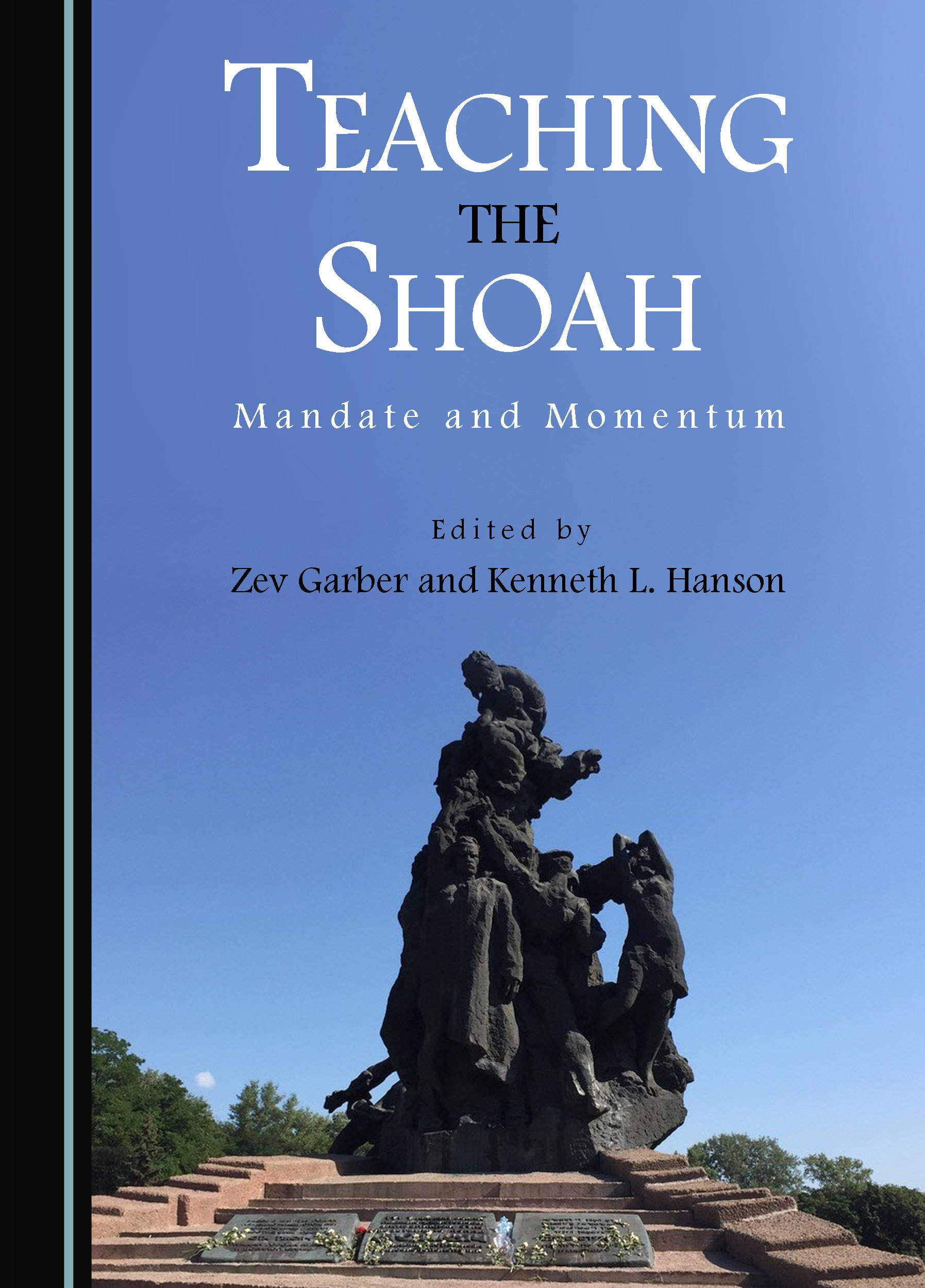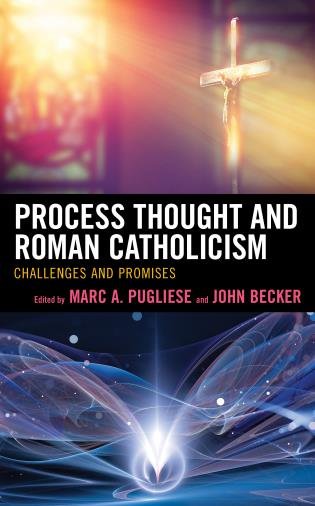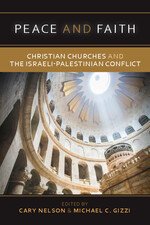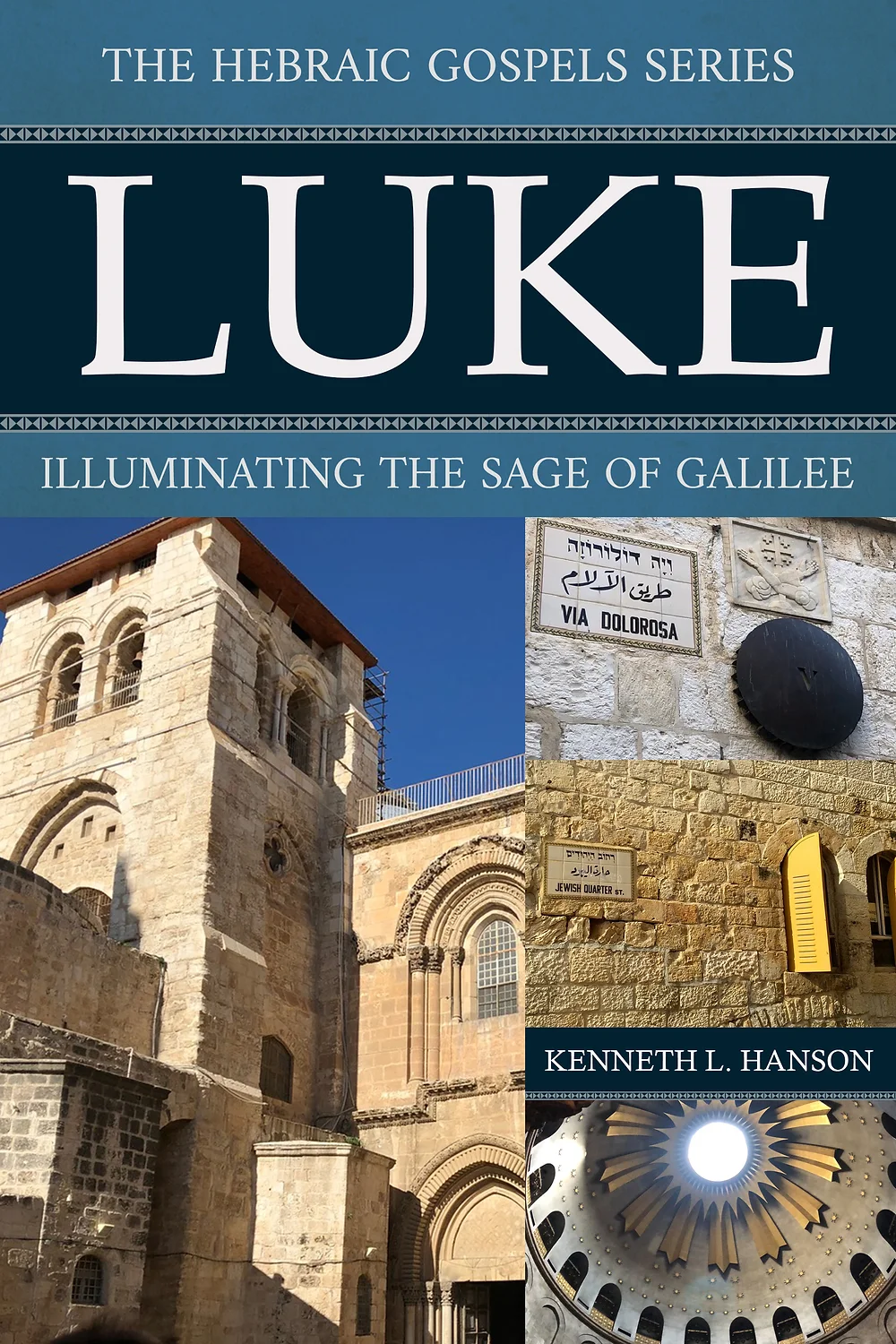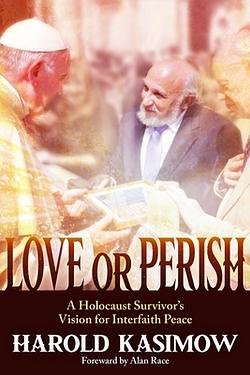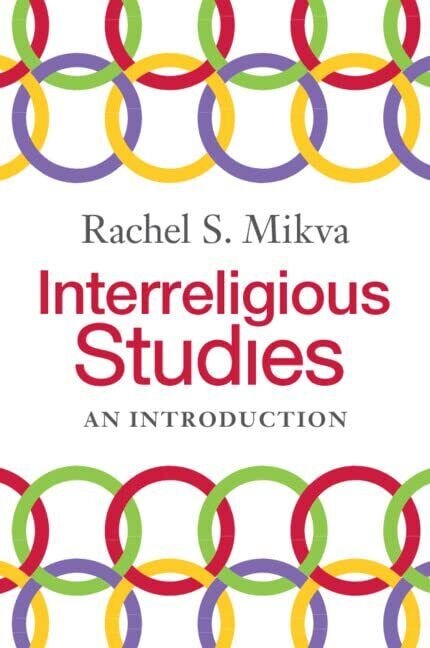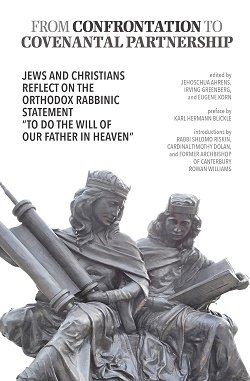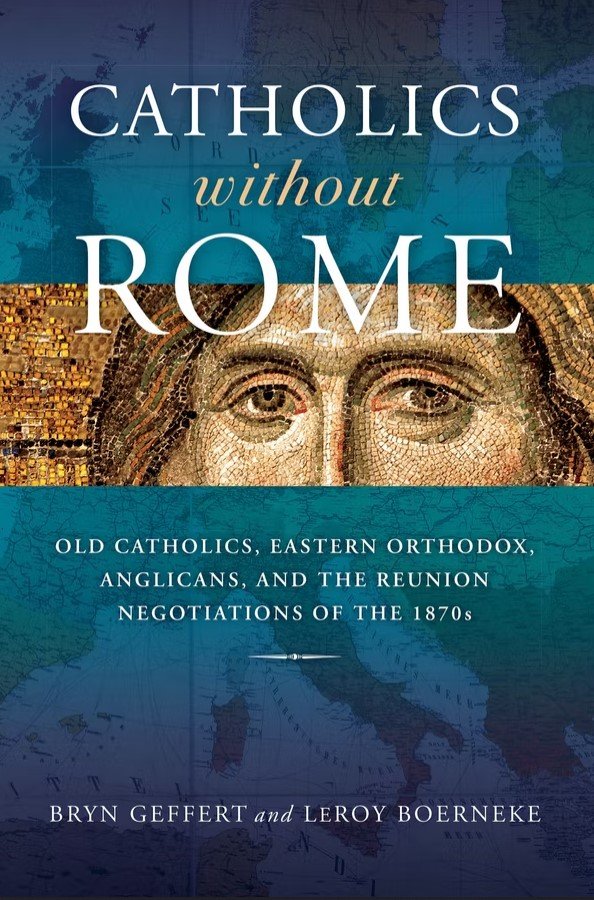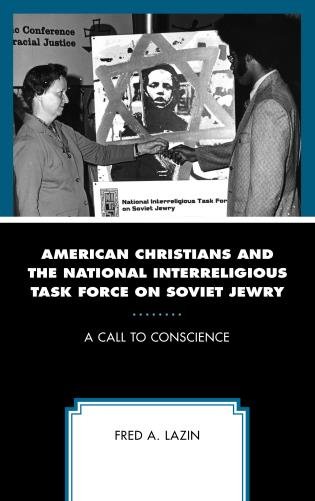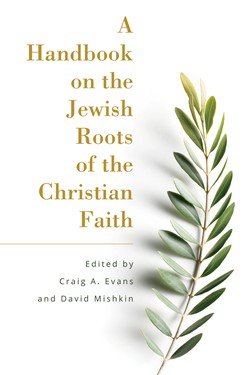Featured JES Author: Ryan Donoghue's "To Talk Jesus Is to Talk Politics: The Protestant Church and Resistance in East Germany"
Issue 59.4 of the Journal of Ecumenical Studies is now available via Penn Press. For each issue, the Diablogue features one author and makes a full-text PDF version of their article available on Project Muse. In this issue, we feature Ryan Donoghue’s "To Talk Jesus Is to Talk Politics: The Protestant Church and Resistance in East Germany" which can be accessed HERE.
Ryan Donoghue received his B.A. in Political Science in 2020 from Rutgers University, Camden, NJ, and is currently seeking his M.A. in Peace and Conflict Studies from Rutgers University, Newark, NJ, expecting to finish in December 2024. His research interests include resistance studies, subcultures, postcolonial political movements, Eastern Bloc studies, youth culture, social history and social movements, revolution, and political culture. He is a member of the Pi Sigma Alpha political science honor society and the Athenaeum Honor Society.
In two sentences, what is the main argument of your J.E.S. article?
The East German Protestant church’s persistence in the face of combined forces of modernization and state ideological domination afforded it a modicum of autonomy from state interference.
Taking advantage of this unique position, and inspired by pastors of the Bekennende Kirche (Confessing Church) who refused to align theology to Nazi ideology during the Third Reich, a handful of Protestant pastors engaging ecumenical outreach fostered an autonomous movement that helped to facilitate East Germany’s Peaceful Revolution of 1989.
In your article, you talk about how efforts to remove religion from German public life under the Weimar Republic was the first step in the long-running confrontation between socialist authorities and Protestant church leaders. In many cases, we think of promises of secularity in the public sphere as liberalizing, and not authoritarian. What made the situation in Weimar Germany different from another secular project, like the American separation of Church and State?
Historically, German socialists viewed the church as a middle-class institution that was aligned with the established order, a view rooted in the close relationship between the church and the monarchy going back to the nineteenth century; this carried over into the Weimar Republic.
In the aftermath of Germany’s defeat in World War 1, the subsequent German Revolution of 1918 and the abdication of Wilhelm paved the way for the Weimar Republic and the rise of the Social Democratic Party (SPD), a socialist party rooted in principles of class struggle, which ushered in a number of reforms in an attempt to chart a new course for the country, including codified separation of Church and State. The significant difference between Weimar and American secularizing projects is the ideology that underpinned their motivations and the ways they were carried out; American separation was rooted in free practice, while initial reforms in the early Weimar period were rooted in anticlericalism in reaction to the privileges that had been extended to clergy by the state.
You describe the precedence of “ideology” throughout both the Nazi regime and the Cold War as posing a threat to religious communities — yet also talk about the collaborationism of both Protestant and Catholic mainstreams with the Nazi rise to power. What, in your view, is the distinction between “ideology” and “religion” that leads to such a complicated push and pull?
The answer to this question is complicated. To borrow from Althusser, ideology is material in the sense that it is instrumental to reproduce the systems of production, it is how we make sense of ourselves as individuals in the world in which we live. Religion, at its essence, places faith in and devotion to a particular discourse of “truth” that is immaterial while we also try to make sense of that same world. The complicated push and pull lies in their mutual coexistence and how religion can be both instrumentalized to reproduce those conditions at the same time it can be bulwark against it.
Your article details how decentralized Protestant clergy who resisted the Marxist-Leninist East German government eventually partnered with the “anarchy” offered by youth rebellion and punk subcultures. Is there, in your view, a resonance here with the histories of intra-socialist conflict between anarchic and communist factions?
Yes, and I think it is an issue at the heart of many Eastern Bloc state projects and the ways they sought to re-organize social life; this can be traced back to the original schism of diverging views on the communist revolutionary process. The Democratic centralization prescribed by the Marxism-Leninism upon which states like the GDR were formed differed greatly from the bottom-up process envisioned by Rosa Luxemburg and others. The resultant paternalism exhibited in states like the GDR drove much of the resistance and in the end played a significant role in their unravelling. It’s important to remember that the East German autonomous peace movement was not anti-socialist, per se; it was reform oriented and guided by tenets of democratic socialism in reaction to the GDR’s brand of state socialism.
In what ways can intercultural relationships and dialogue foster bridge-building across cultural divides?
My interest in this topic stems from a life-long interest in subcultures and the unique spaces they provide for creativity, community, and resistance. Having experienced the lasting effects of the original East German punk subculture firsthand, I was introduced to its unique place in history after reading Tim Mohr’s book Burning Down the Haus, which mentions, in great detail, the unique relationship between the subculture and the church. From there I dug deeper in connection with my ongoing research for my Master’s Thesis.
What is your next project?
My next project is my Master’s Thesis which is currently in its rough draft phase and in review with my First Reader. It utilizes the concept of everyday resistance in a case study of the practices associated with the first wave (1977-1983) of the East German punk subculture. It also analyzes the political transformations associated with the second wave (1983-1989) and the facilitating role Protestant ministers played in that process and the subsequent Peaceful Revolution of 1989. It is a project I hope to expand on as a PhD student in the fall.






